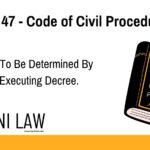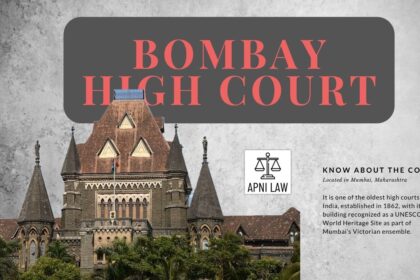The Jammu & Kashmir High Court has ruled that a writ petition seeking reinvestigation or modification of charges in an alleged assault and disrobing case is not maintainable. The court directed the petitioner to approach the trial court for appropriate remedies. Justice Sanjay Parihar stated that writ jurisdiction under Article 226 cannot be invoked. Unless there is clear evidence of a miscarriage of justice or manifest error. The petitioner claimed that police omitted charges under Section 354 IPC against certain private respondents. They failed to consider her Section 164 CrPC statement. However, the court held that the investigation was not tainted and all objections should be raised during the trial process. It emphasized that writ jurisdiction is not meant to correct factual disputes or challenge investigation findings. Unless there’s glaring illegality or malice.
The Court also referred to the Supreme Court’s ruling in Surya Dev Rai v. Ram Chander, reinforcing that supervisory powers apply only in exceptional situations. The case stems from a property dispute in which the complainant alleged she was assaulted and disrobed, but police found only a minor scuffle motivated by prior enmity.








